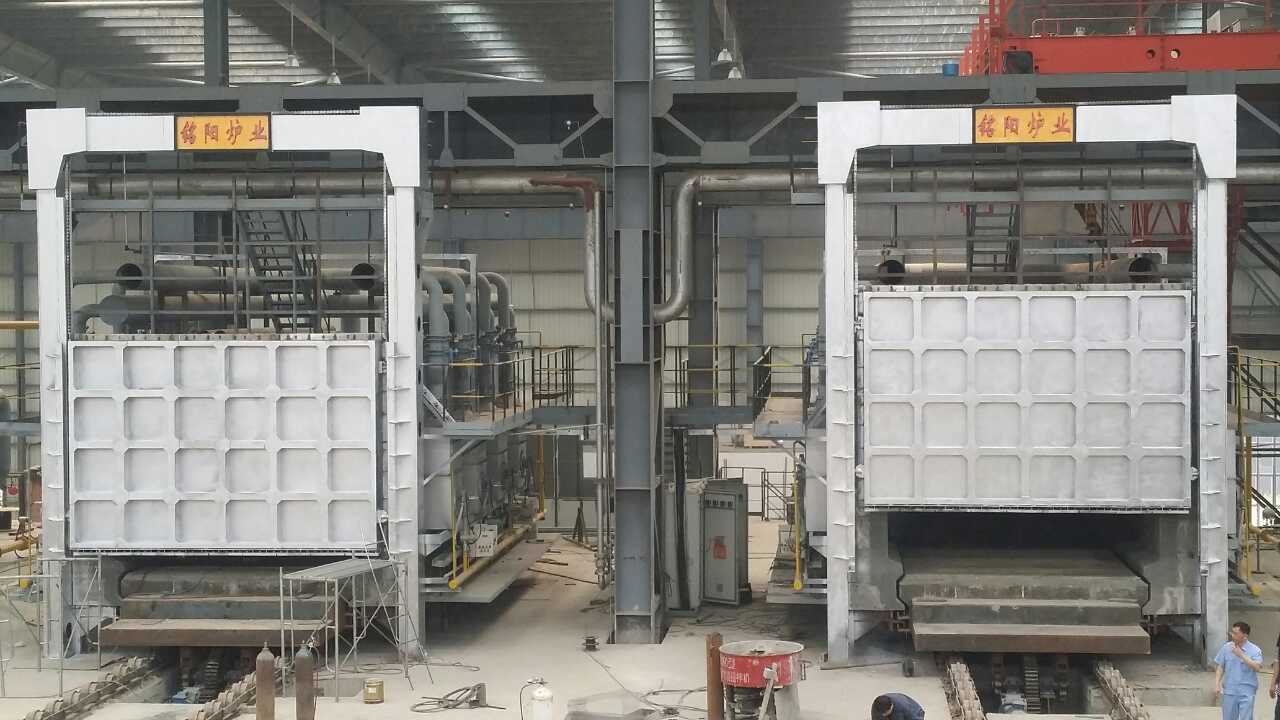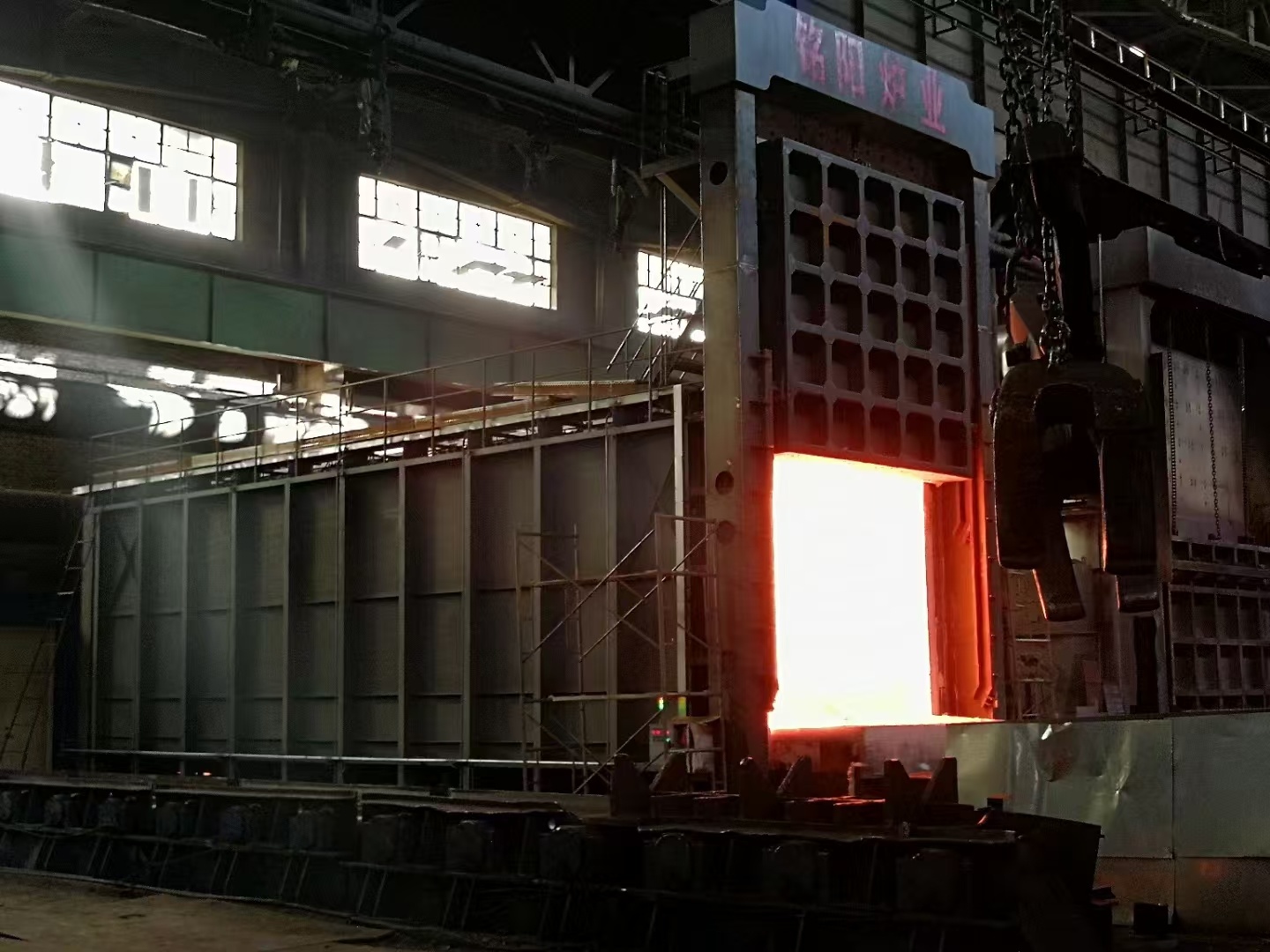


Understanding Fancy Industrial Heat Processing: Innovations and Applications
One of the key innovations in fancy industrial heat processing is the development of precise temperature control technologies. Accurate temperature management is vital because even minor fluctuations can significantly affect the microstructure of metals, leading to variations in strength, ductility, and hardness. Modern systems employ sophisticated sensors and controls that allow for real-time monitoring and adjustments, ensuring optimal processing conditions throughout the treatment cycle.
Additionally, fancy industrial heat processing often incorporates advanced atmosphere control techniques. By manipulating the gaseous environment during heat treatment, manufacturers can prevent oxidation and other detrimental reactions that may compromise the integrity of the materials. For instance, inert gas atmospheres are frequently used to produce high-quality surface finishes and reduce the risk of defects in the final products.
Furthermore, the integration of computer simulations and modeling in heat processing has revolutionized the industry. These tools enable engineers to predict how materials will behave under various heating and cooling scenarios, facilitating the design of tailored heat treatment protocols. By employing simulations, manufacturers can identify the most effective heat processing methods for specific applications, thereby enhancing efficiency and reducing material waste.
The applications of fancy industrial heat processing are vast and varied. From enhancing the mechanical properties of steel used in construction to improving the thermal stability of components in aerospace applications, the benefits are profound. Beyond just improving performance, these advanced processes also contribute to sustainability efforts within manufacturing by optimizing energy use and reducing emissions.
In summary, fancy industrial heat processing represents a significant advancement in the field of industrial equipment and components, particularly in casting and heat treatment. By embracing modern technologies and methods, manufacturers can achieve superior material properties, drive innovation, and maintain a competitive edge in a rapidly evolving market. Understanding and leveraging these advancements is essential for professionals looking to enhance their operations and deliver high-quality products.
If you are interested in our products, please leave your email and we will contact you as soon as possible.
COOKIES
Our website uses cookies and similar technologies to personalize the advertising shown to you and to help you get the best experience on our website. For more information, see our Privacy & Cookie Policy
COOKIES
Our website uses cookies and similar technologies to personalize the advertising shown to you and to help you get the best experience on our website. For more information, see our Privacy & Cookie Policy
These cookies are necessary for basic functions such as payment. Standard cookies cannot be turned off and do not store any of your information.
These cookies collect information, such as how many people are using our site or which pages are popular, to help us improve the customer experience. Turning these cookies off will mean we can't collect information to improve your experience.
These cookies enable the website to provide enhanced functionality and personalization. They may be set by us or by third-party providers whose services we have added to our pages. If you do not allow these cookies, some or all of these services may not function properly.
These cookies help us understand what you are interested in so that we can show you relevant advertising on other websites. Turning these cookies off will mean we are unable to show you any personalized advertising.


